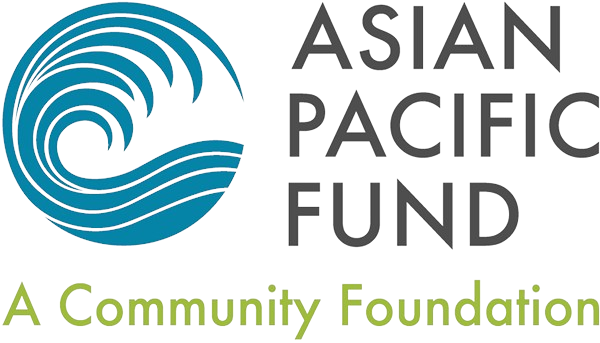Paper Son
Peter Chan, Honorable Mention
Grade 7
San Francisco
This is a story about a thirteen year old paper son who was coming home for the first time. A story that stretches back many decades ago in Guangzhou, China when a boy was written into the Cheung family in 1940. A new name for a once in a lifetime opportunity, planting the family tree that would spread its roots, deep into American soil. This is the story of my Gung Gung (my grandfather), Quon Yem Thloy, also known as Norman Cheung.
My Gung Gung’s eyes, so full with age, were looking back, deep into the past recalling details.
“My father paid $5,000 US Dollars for papers claiming me as a son of the Cheung family. My paper name was Cheung Fook Gee. I didn’t feel that I was becoming less of myself, rather I was becoming more of who I could be. I would have to bury who I was. My father was giving me an opportunity to begin a new life to be with him in America.”
My Gung Gung pulled out a worn leather bound book. The front page of the book was an illustration he drew of a bird getting ready to take flight.
“I have carried this notebook for over seventy years. It is no longer just a study guide; it is a part of me.”
The Chinese characters were a reminder of where he came from; the English translations were a hint of where he would be going. The notebook was an anchor keeping him between both worlds.
This opportunity to live in America would come at a price. One that only he could pay in time, with solitude on Angel Island.
“I only saw my father once when I was nine. On paper, he was now my uncle, but in my heart I knew he was my father.”
After three months, Gung Gung was released from Angel Island. In place of the little boy from China, now stood Norman Che Cheung.
Twenty years passed, my Gung Gung became a student, U.S. soldier, husband, father, teacher, and architect. A call from the U.S. government said they knew he was not a Cheung, and he was to come down to the courthouse to change his name. Immediately the little boy whom he buried deep inside was staring back at him. The U.S. was granting my Gung Gung amnesty because he served his country in the US Army during World War II. He could change his name back to his birth name and no longer hide behind a false identity.
“I entered the courtroom and was greeted with, “Hello Mr. Quon.” I stopped. No one had ever called me, Mr. Quon before. The three simple words made me realize that I was no longer one name or the other, I was both.”
The paper name was no longer just a name. It was now rooted in him. My Gung Gung joined the two names becoming Norman Cheung-Quon, an American Citizen.

